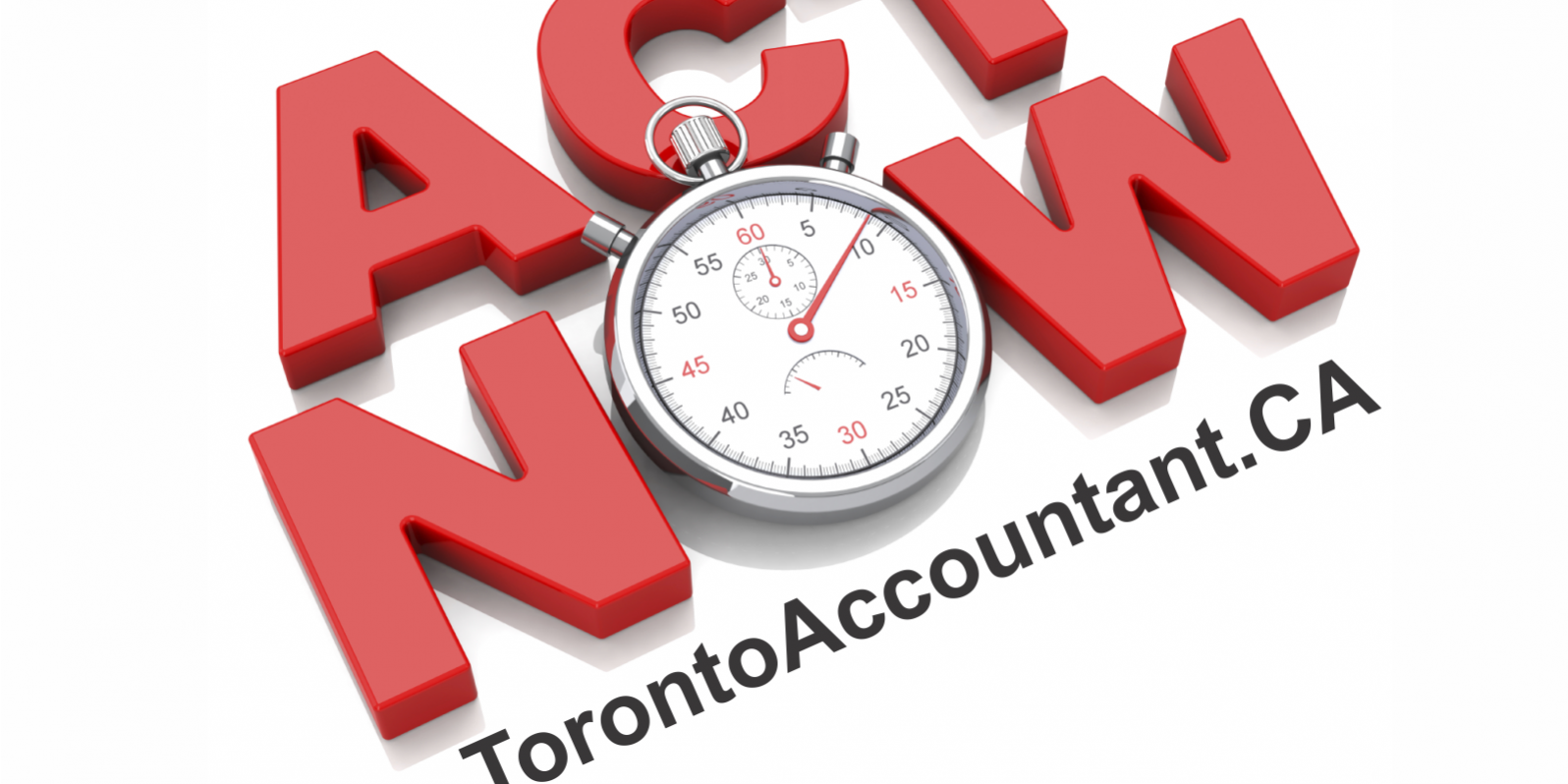Most everyone knows the deadline date for filing their taxes, but anything after that tends to get ignored. Shortly after your taxes are filed you should receive your notice of assessment. Don’t make the mistake of just throwing it into your tax file without scrutinizing it. Compare it to your tax filing and read it carefully to see if the CRA has made any changes.
If you disagree with the changes you can file a notice of objection, but there is a time limit in which you are allowed to do this. Don’t just assume that if you are late doing this that the CRA will be forgiving and will accept the objection. There is actual case law where people have been late putting their objection in and the courts denied their appeal to have it accepted.
The normal deadline for filing your notice of objection is one year from the normal filing due date, or 90 days after the date showing on the assessment. Whichever is the later of the two is the deadline date.
The CRA does allow for an explanation if you are late but it is not compelled by law to accept your explanation. You can apply for this extension within one year from the deadline. Your reasons have to be pretty solid, and you will have to also explain why a third party could not make this objection on your behalf.
If you feel that your assessment is wrong you need to go back to whoever it was that prepared your taxes for you. This can sometimes be difficult tracking down your tax preparer if it was done through one of the temporary type tax services. These are usually kiosks or temporary store fronts that are set up to do tax filings then disappear once the tax deadline has past. Hopefully you have used an experienced accountant and you can return to this individual for advice.
Your accountant will determine the reasons for the changes in the notice of assessment and whether they are valid or not. If this expert feels that you are justified in appealing this, then he will advise you to file your notice of objection and what the grounds for doing so are.
The CRA suggests that you call or write them first about your concerns before filing your notice of objection as they feel that often the complaints can be handled that way. This is something your accountant may do first if the assessment is not clear. He will have a better understanding most likely than what you will as the assessment change has been made based on tax laws.

